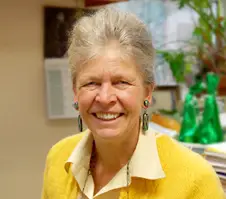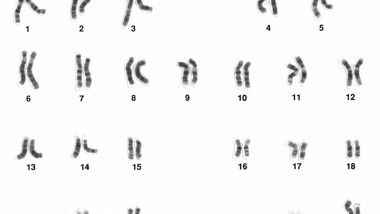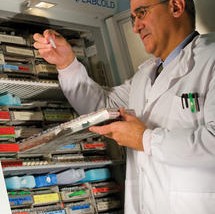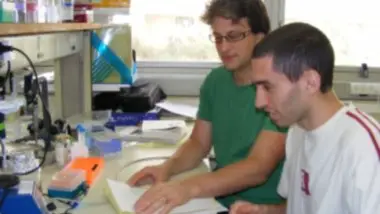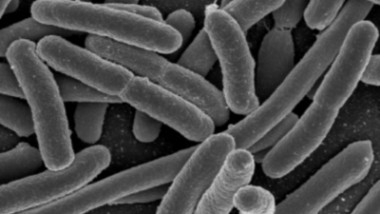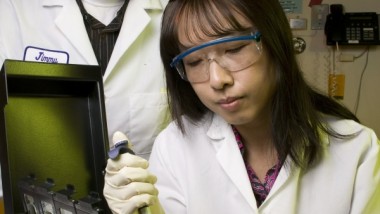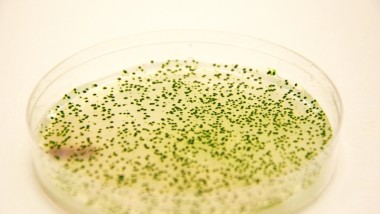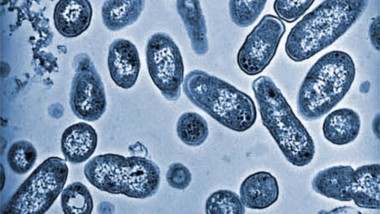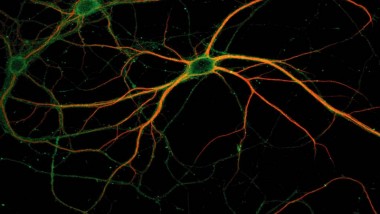Researchers at Yale University in New Haven, Connecticut have discovered a new way that viruses reproduce and survive in hostile environments. Viruses use many different mechanisms to trick human cells into multiplying viruses and propagating them throughout biological systems. The ...
$30 Genome Possible
Researchers at Harvard University have developed a new method for sequencing the human genome leveraging the microdynamics of fluids – a method that could significantly decrease the cost of the procedure to as little as $30. By using small droplets ...
Genetic Links to Autism
Researchers at Oxford University in England have found a non-hereditary genetic link to autism. They have shown that individuals with autism tend to have either missing or extra sectors of DNA segments, a genetic mistake called copy number variants. This ...
Biological Clock Operate on a 24-hour Cycle?
Scientists at the Hebrew University of Jerusalem, Israel, have recently found the way in which our biological system knows to operate on a 24-hour cycle. This discovery, in the form of a single tiny molecule, holds the clue to the ...
Collagen Made from Transgenic Tobacco Plants
A scientist from the Hebrew University of Jerusalem, Israel, has recently reported the successful production of human collagen replicas from tobacco plants. This achievement has multiple commercial implications and it could help clinicians greatly, since collagen is used in a ...
Bacteria Creates Toxic Molecules
Scientists at the Massachusetts Institute of Technology in Cambridge, Massachusetts and Boston University in Boston, Massachusetts have discovered the drug hydroxyurea causes bacteria to directly produce toxic molecules that kill off their generating organism. Similar processes could be used to ...
Microbe Detection Improvements
Researchers at Lawrence Livermore National Laboratory in Livermore, California have developed a new device for detecting viruses and other microscopic organisms to aid in medical diagnostics, bioterrorism threats, and product safety assessments. Capable of identifying any virus or bacteria keyed ...
Bacteria Turns Carbon Dioxide into Liquid Fuel
Researchers from the UCLA Henry Samueli School of Engineering and Applied Science have recently announced a new method to reduce emissions of carbon dioxide, a greenhouse gas produced by burning fossil fuels, using genetically engineered bacteria. This new development might ...
Disease May Derail Space Travel
Researchers at Nancy University in Lorraine, France have raised concerns that disease will make it impossible to support long-term space travel such as manned missions to Mars. Space travel both weakens the immune system and promotes more virulent growth of ...
Memory Encoding Methods
Researchers at the University of California at Santa Barbara (UCSB) have uncovered a process used to encode memories in the synapse layer connecting neurons of the human brain. In order to ensure memories are encoded in the synapse and retrievable ...

